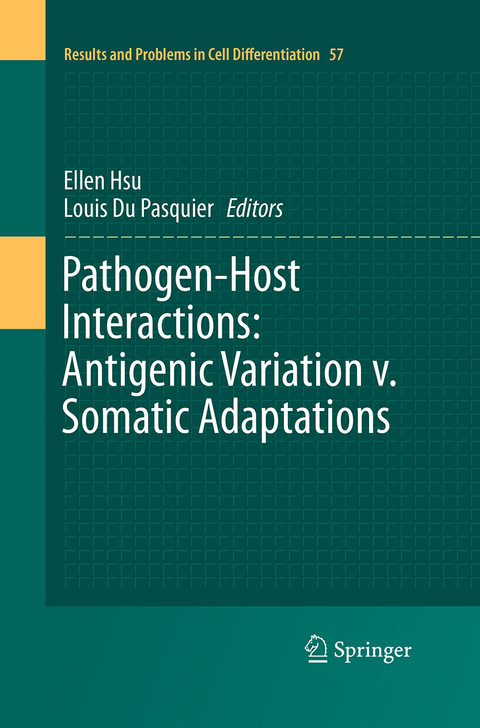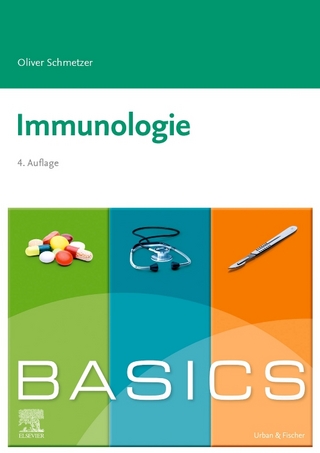
Pathogen-Host Interactions: Antigenic Variation v. Somatic Adaptations
Springer International Publishing (Verlag)
978-3-319-37182-5 (ISBN)
Evolution of immunity and pathogens.- A host-pathogen interaction reduced to first principles: Antigenic variation in T. brucei.- Antigenic variation in Plasmodium falciparum.- Polymorphic mucin-like proteins in Schistosoma mansoni, a variable antigen and a key component of the compatibility between the schistosome and its snail host.- Fibrinogen-related proteins (FREP) in mollusks.- Somatic and germline diversification of a putative immunoreceptor within one phylum: Dscam in arthropods.- An immune effector system in the Protochordate gut sheds light on fundamental aspects of vertebrate immunity.- Variable lymphocyte receptors: a current view.- Antibody repertoire in fish.- Unique features of fish immune repertoires: particularities of the adaptive immunity within the largest group of vertebrates.- The evolution and structure of atypical T cell receptors.- Diversification of the primary antibody repertoire by AID-mediated gene conversion.- Antibody isotype switching in vertebrates.
| Erscheinungsdatum | 19.08.2017 |
|---|---|
| Reihe/Serie | Results and Problems in Cell Differentiation |
| Zusatzinfo | VIII, 336 p. |
| Verlagsort | Cham |
| Sprache | englisch |
| Maße | 155 x 235 mm |
| Gewicht | 528 g |
| Themenwelt | Medizin / Pharmazie ► Medizinische Fachgebiete |
| Studium ► Querschnittsbereiche ► Infektiologie / Immunologie | |
| Schlagworte | Antibody repertoire • Antigenic variation • Host-pathogen interactions • Host somatic mechanism • Lymphocyte receptors • Vertebrate immunity |
| ISBN-10 | 3-319-37182-7 / 3319371827 |
| ISBN-13 | 978-3-319-37182-5 / 9783319371825 |
| Zustand | Neuware |
| Haben Sie eine Frage zum Produkt? |
aus dem Bereich


